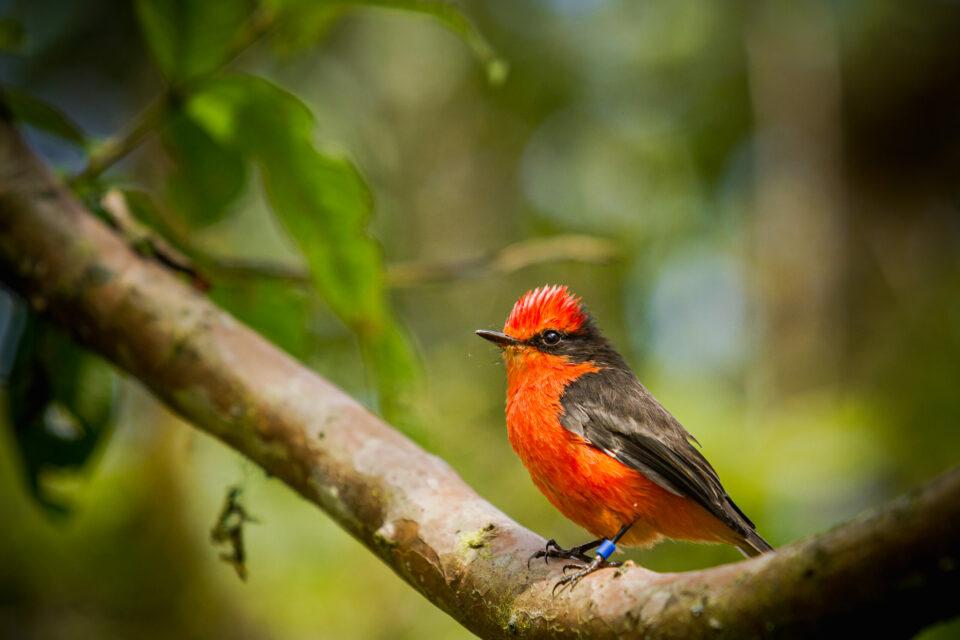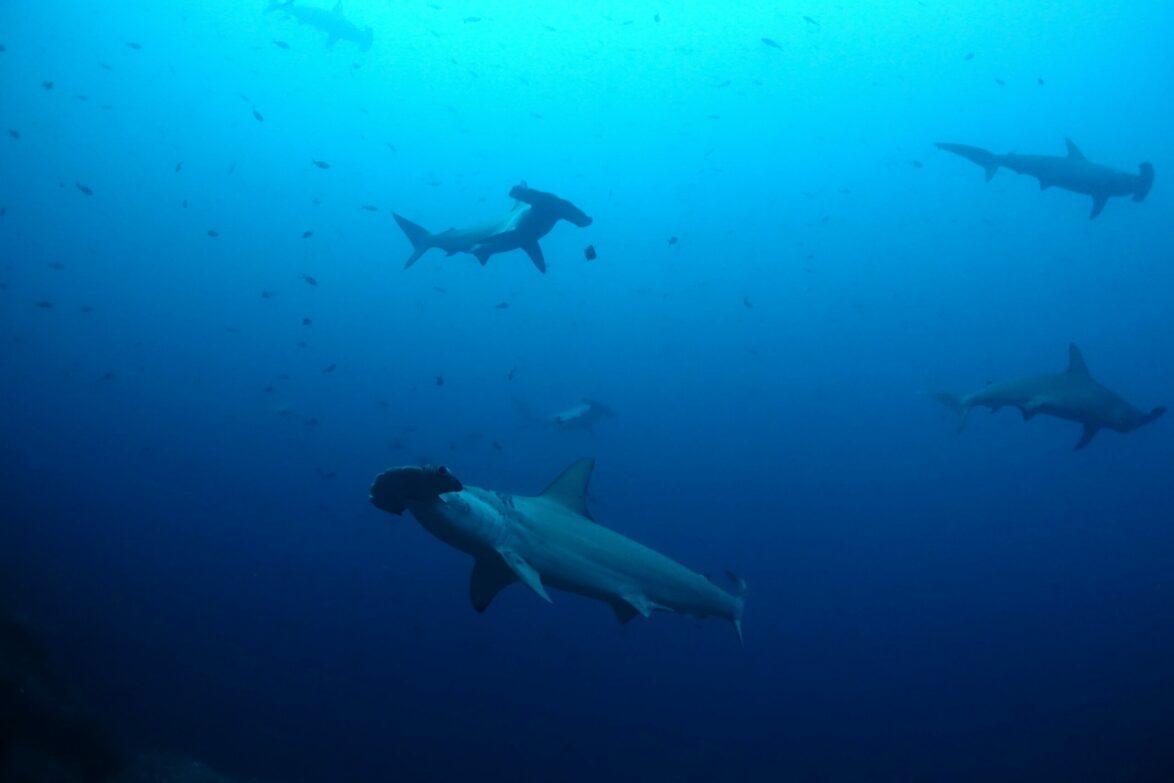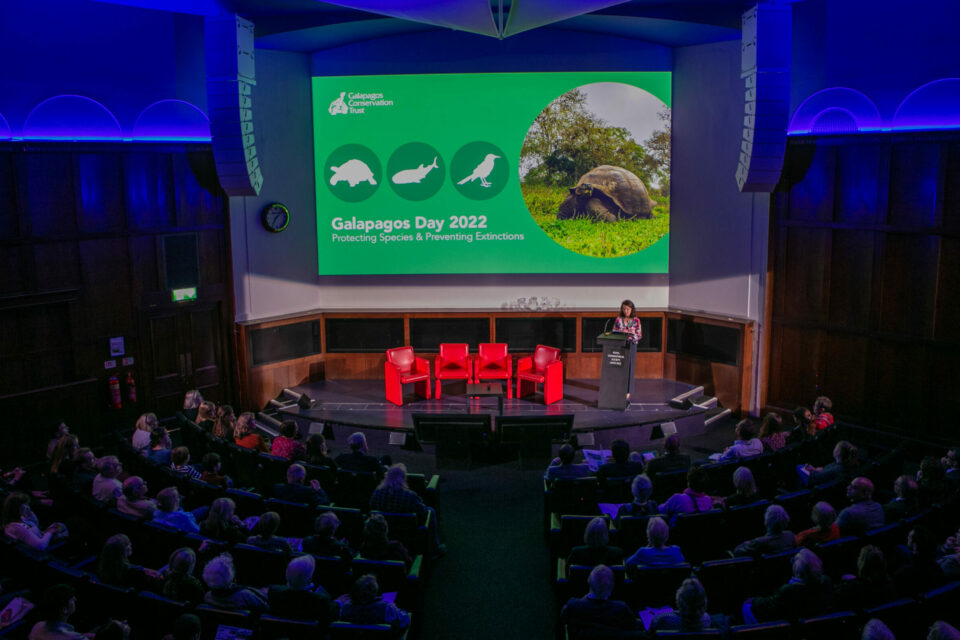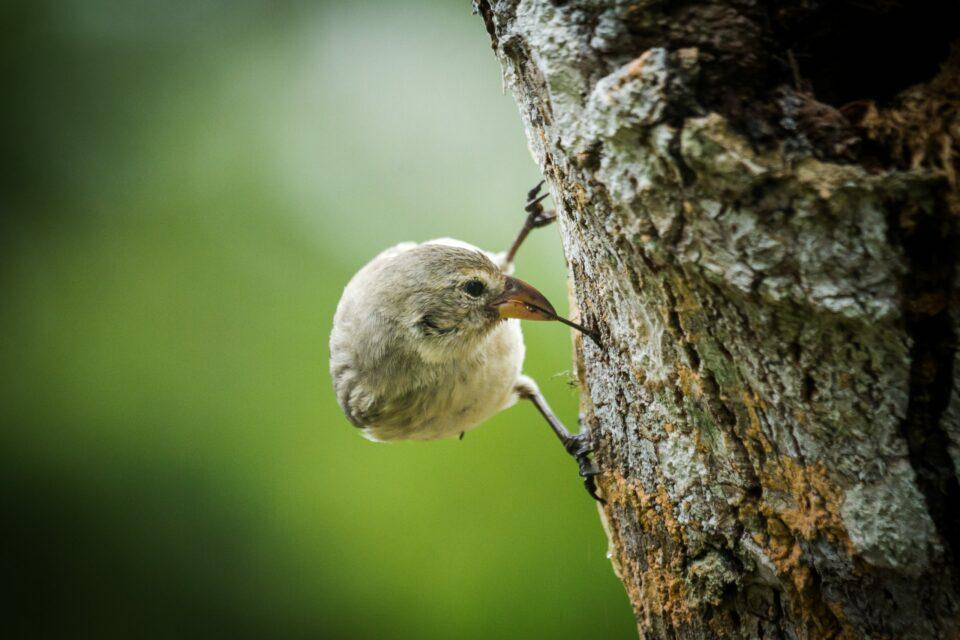

COP15: A historic agreement on halting biodiversity loss
Finally, after more than four years of negotiations, Covid-related delays and controversies, the COP15 UN Biodiversity Conference has concluded with a historic agreement to halt biodiversity loss by 2030, the Kunming-Montreal Global Biodiversity Framework.
Although the ink may still be drying on the agreement, and there is still a lot of work to do on the financing and implementation of the measures agreed, this deal is a huge step forward for the protection of our natural world.
Over the last two weeks we had become increasingly concerned at reports that measures to protect the world’s oceans were in danger of being watered down, so we are relieved to see that the ’30 by 30’ target remains intact for both land and ocean, with the aim that ‘by 2030 at least 30 per cent of terrestrial, inland water, and of coastal and marine areas, especially areas of particular importance for biodiversity and ecosystem functions and services, are effectively conserved and managed’.
The final agreement also commits to ensuring that ‘by 2030 at least 30 per cent of areas of degraded terrestrial, inland water, and coastal and marine ecosystems are under effective restoration, in order to enhance biodiversity and ecosystem functions and services, ecological integrity and connectivity’.
Taken together, these targets have clear implications for Galapagos, one of the most unique and ecologically important areas in the world, though it is important to emphasise those words ‘at least’; the ’30 by 30’ target should not be seen as an end in itself, but as a new baseline from which nature can begin to recover.

The agreement also calls for ‘urgent management actions to halt human induced extinction of known threatened species and for the recovery and conservation of species, in particular threatened species’. In Galapagos there are now 188 species in danger of extinction, including iconic species such as the Galapagos giant tortoise, the waved albatross and the scalloped hammerhead shark, and here at Galapagos Conservation Trust we are focussed on tackling the key threats driving them towards extinction, namely invasive alien species, pollution, climate change and unsustainable fishing.
All of these threats are clearly set out in the Global Biodiversity Framework, adding further weight to the case for protecting the fragile terrestrial, coastal and marine ecosystems of the Galapagos Archipelago.
We know what we have to do, we have a clear pathway to achieving it and, with your help, we can turn the admirable ambition of this historic treaty into a brighter future for Galapagos, restoring its islands and protecting its oceans.
...the ’30 by 30’ target should not be seen as an end in itself, but as a new baseline from which nature can begin to recover.
Related articles


From COP27 to COP15: Is a global deal on biodiversity within reach?

Galapagos Day 2022: Protecting Species & Preventing Extinctions


